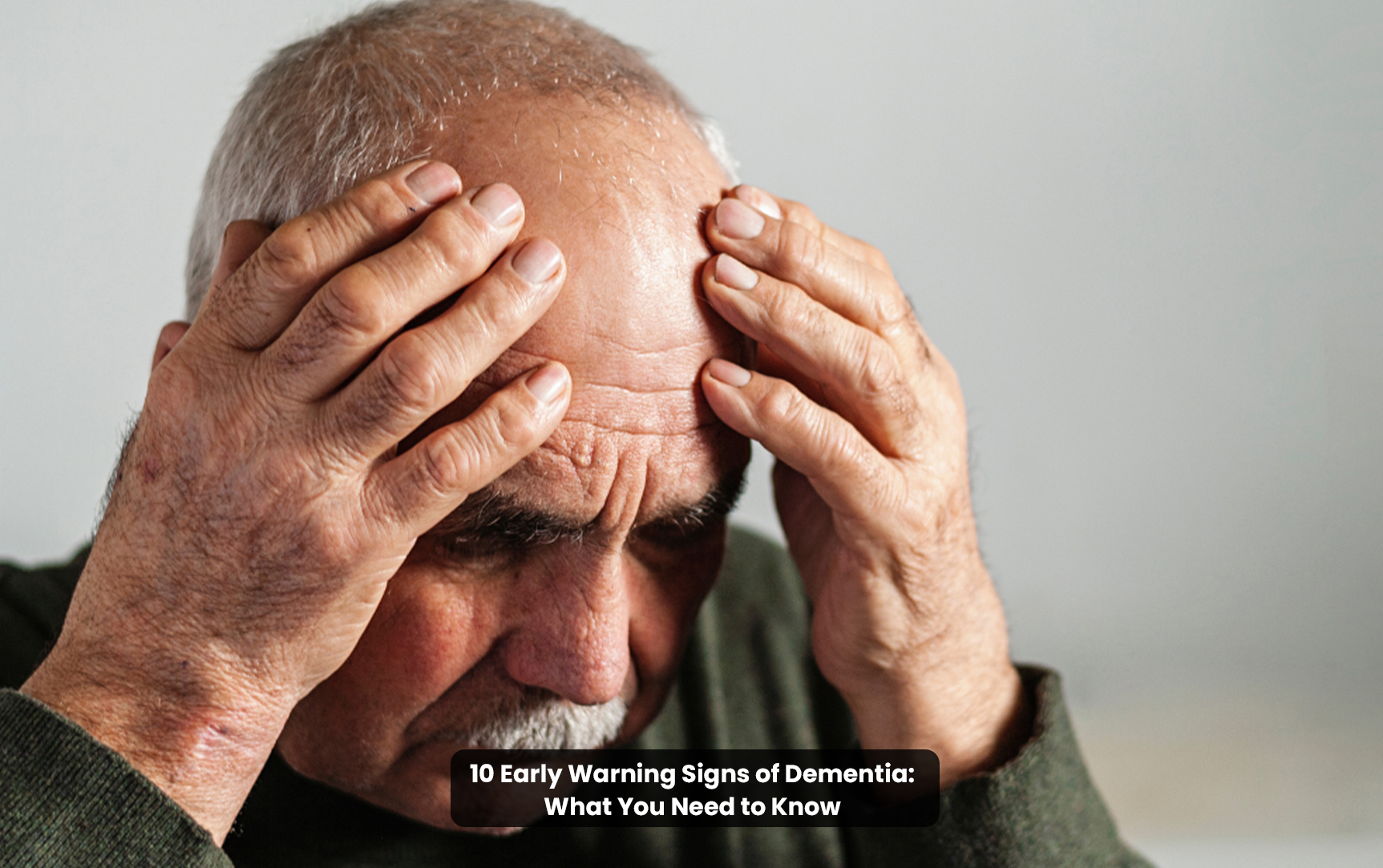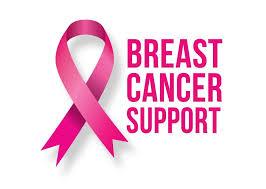You don’t have to deal with a breast cancer diagnosis alone, even if it can feel overwhelming. Navigating treatment, controlling stress, and preserving your emotional wellbeing can all be greatly impacted by finding the correct support.
Finding out you have breast cancer is a life-altering event. I have a clear memory of my 2018 diagnosis. One in eight American women may receive this diagnosis at some point in their lives, according to Breastcancer.org. The path can feel lonely after the initial shock, but there is support available.
According to research, women who have excellent support systems are more likely to feel empowered and actively participate in their cancer treatment (2020 study). Here’s how to begin locating the assistance you require.
1. Use the Resources at Your Doctor’s Office
The first and most helpful place to get support is frequently your oncologist’s office. Social workers, case managers, or nurse navigators are available in many offices to assist with questions, treatment options, and resource connections.
My nurse navigator sent me a folder containing details on nearby support groups, financial assistance opportunities, and transportation services when I was diagnosed. Later on, time and stress can be avoided by keeping these materials organized..
Learn more about breast cancer resources: Breast Cancer Hub
2. Join a Support Group
Cancer can make you feel isolated, even when surrounded by friends and family. Support groups provide a safe space to share experiences and gain practical advice.
“Being connected to other patients and survivors can normalize emotional and physical challenges during treatment,” says Debra Howard, PhD, licensed clinical social worker.
Look for groups led by survivors, professionals, or trusted organizations. Options include:
- Breastcancer.org Support Community
- Susan G. Komen Foundation
- National Cancer Institute (NCI)
- American Cancer Society
Online communities, like Healthline’s Breast Cancer Peer Support, also allow participation from home, including live chats and discussion boards.
3. Explore Complementary Therapies
Managing breast cancer isn’t just about medical treatment—it’s also about emotional and physical wellbeing. Complementary therapies can reduce stress, fatigue, and anxiety.
The National Cancer Institute (NCI) defines complementary therapies as non-standard medical services that support wellbeing alongside conventional care (NCI Complementary Therapies). Examples include:
- Acupuncture
- Massage therapy
- Yoga and meditation
- Art and music therapy
- Nutrition counseling
Centers like the Sylvester Comprehensive Cancer Center offer structured programs combining these therapies with conventional care, which can improve emotional and physical resilience. According to Dr. Carmen Calfa, these interventions may also reduce the likelihood of recurrence.
4. Talk to a Professional
During treatment, emotional difficulties are frequent, even with the support of friends and family. When your life is centered around doctor’s appointments, you may experience more anxiety and depression.
Howard suggests moving at your own speed and seeking expert assistance as necessary. Organizations such as CancerCare.org offer phone support, counseling, and assistance in locating oncology-trained therapists in the area.
Consulting with a qualified expert can help you better handle the stress of therapy and guarantees you’re not dealing with these issues alone.
5. Seek Financial Assistance
Even if you have insurance, cancer treatment can be costly. Your capacity to maintain general wellbeing or obtain care may be impacted by financial issues.
Inquire about financial aid programs and cost estimates from your physician or treatment facility. Numerous hospitals collaborate with foundations that provide financial assistance for living expenses, transportation, and prescription drug costs. Make sure to verify eligibility because many programs require patients to be enrolled in active therapy or to have recently finished it.
You can focus on recovery and lessen stress by including a social worker or financial advisor on your care team.
Takeaway
Navigating a breast cancer diagnosis is challenging, but the right support system—medical, emotional, and financial—can make a profound difference. Whether through your doctor’s office, support groups, complementary therapies, professional counseling, or financial aid, finding resources tailored to your needs will help you feel empowered, connected, and more in control of your journey.
External References:















